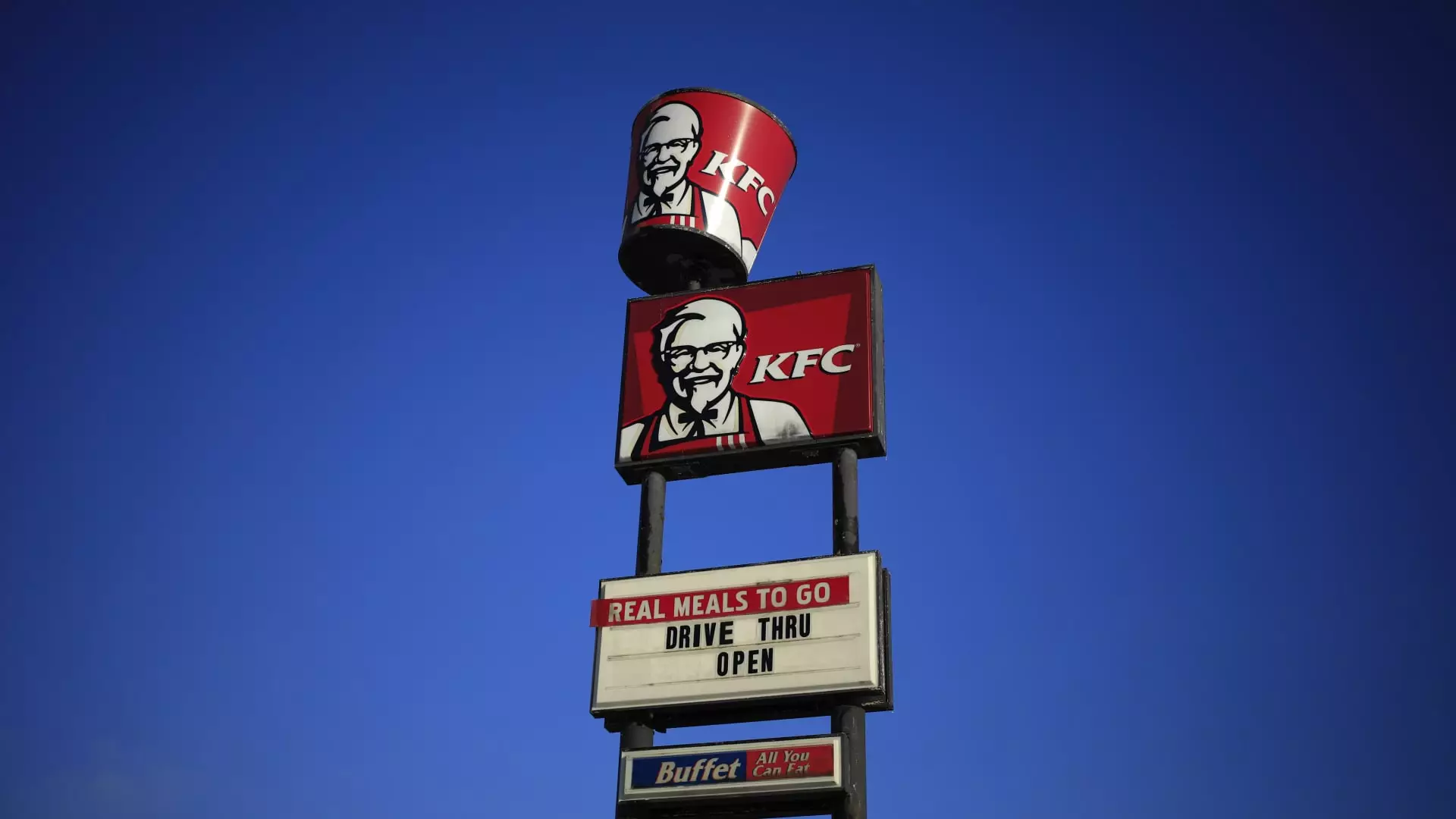In a significant organizational transformation, KFC, one of the most recognized fast-food brands globally, has announced the relocation of its U.S. headquarters from Louisville, Kentucky, to Plano, Texas. This strategic move, confirmed by Yum Brands on Tuesday, reflects broader trends in corporate logistics and workforce dynamics. Over the next six months, approximately 100 KFC employees will have to relocate, a move that highlights the ongoing evolution of operational strategies within the fast-food industry and beyond.
Yum Brands, the parent company of KFC, has a distinct vision for its corporate framework, now manifesting in the split headquarters model that features two bases: Plano and Irvine, California. KFC’s decision aligns with its goal to centralize operations and leverage existing synergies. The global teams for KFC and Pizza Hut are already situated in Plano, while Taco Bell and Habit Burger & Grill operate from Irvine. This strategic distribution is not just about geographical convenience; it’s indicative of Yum’s intent to create cohesive teams that can make critical decisions quickly and collaboratively in a changing business landscape.
Despite the departure from Louisville, Yum Brands is not severing all ties with Kentucky. The company plans to retain corporate offices in Louisville, alongside the KFC Foundation, which indicates a commitment to the local community. Furthermore, KFC plans to establish a flagship restaurant in Louisville, symbolizing that even as it adapts to new environments, it remains devoted to its roots. This dual approach of moving operations while investing back into the original location reflects responsible corporate citizenship.
The COVID-19 pandemic has profoundly altered the landscape of corporate workspaces, prompting many companies to reevaluate their operational strategies. Remote work has become more mainstream, impacting how businesses perceive the necessity and structure of physical offices. As companies pivot towards hybrid work models, the appeal of states like Texas, known for its business-friendly policies and lower tax burdens, is increasingly attractive. This shift is underscored by a 2023 report from CBRE, which indicates Texas as the leading choice for corporate relocations.
KFC’s move is not an isolated incident; it echoes a trend observed among competitors. Notably, Papa John’s, another Louisville-based chain, moved its headquarters to Atlanta in 2020, illustrating a broader pattern of brands leaving traditional bases for more favorable climates. However, Papa John’s decision to retain ownership of its former headquarters in Louisville signifies a nuanced approach to relocation—one that balances operational efficiency with community engagement.
KFC’s relocation signifies more than just a change of address; it represents a strategic pivot towards modern business practices and operational efficiency. While the brand leaves Kentucky, it simultaneously reinforces its commitment to the community. In a rapidly changing economic environment, KFC’s steps are reflective of a larger narrative, one where adaptability and strategic foresight are key players for future success.

